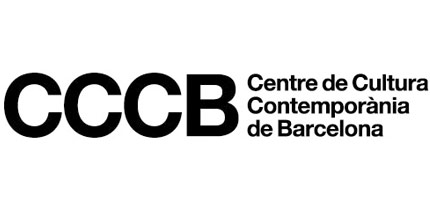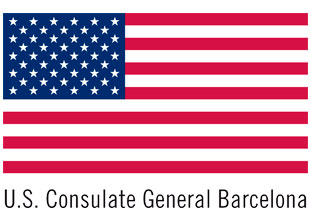The Barcelona Debate
Borders
The Barcelona Debate 2004
Modern Europe was constructed on the basis of the idea of the nation-state where community, culture and power represented a single geographical and metaphorical entity that was clearly differentiated from the neighbouring nation. Borders were understood simply as a zone of passage between such entities, each of which recognised and defended its own particular identity. At the same time, in the collective imaginary, an idea was consolidating of borders that separated Europe from other cultures, which were regarded, depending on the cases, as greater or lesser expressions of barbarism.
Throughout the twentieth century, progress being made in the social sciences and the dismantling of colonial structures saw the beginning of a progressive questioning of the idea of the border so that those limits that had once been considered "natural" came to be understood as the result of a process of political, social and cultural construction. With the process of globalisation, the earlier geopolitical and symbolic borders have been displaced by the emerging imaginary of the "global city", a hybrid concept where the border ceases to be a zone of passage and becomes an area of cohabitation in which any place can constitute a threshold between us and them. Meanwhile, geopolitical borders continue to be of prime importance in shaping our surroundings.
How has the idea of border changed? What former borders persist and what new ones are appearing? To what extent are the emerging borders endangering our ability to defend universal values?
This activity is part of The Barcelona Debate
Related contents
Zygmunt Bauman
New Borders and Universal Values
What sort of differences are becoming important because of the borders we are drawing today? Bauman talks about our obsession with borders, and exemplifies it with the problems in the city, since the city is a big laboratory of experiments in cohabitation, human understanding and dialogue



